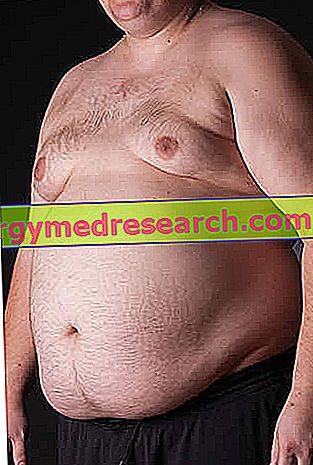
What is Myocet?
Myocet consists of a powder and solutions for the preparation of a solution for infusion (drip into a vein). The active ingredient is doxorubicin hydrochloride.
What is Myocet used for?
Myocet is used with cyclophosphamide (an anticancer medicine) for the treatment of metastatic cancer in a woman's breast. "Metastatic" means that the cancer has spread to other parts of the body.
The medicine can only be obtained with a prescription.
How is Myocet used?
Myocet should only be used in facilities specializing in the administration of cytotoxic chemotherapy (anticancer treatments that kill cells) under the supervision of a qualified doctor in the use of chemotherapy. Myocet must be reconstituted before use by mixing the components supplied separately in the package with the aid of a particular heater or water bath.
The recommended starting dose of Myocet is 60-75 mg per square meter of body surface area (calculated based on the patient's weight and height). The medicine is given every three weeks by an intravenous infusion lasting one hour. During treatment, blood and marrow parameters should be monitored by appropriate blood tests. If signs of liver problems emerge or certain other side effects occur, treatment should be stopped or the dose reduced.
How does Myocet work?
The active ingredient contained in Myocet, doxorubicin hydrochloride, is a cytotoxic drug (that is, it kills the cells) of the anthracycline class and acts by acting on the internal DNA of the cells, preventing their DNA replication and protein production. In this way the cancer cells cannot divide and subsequently die. Myocet accumulates inside the tumors and its action can concentrate there.
Doxorubicin hydrochloride has been available since the 1960s. The doxorubicin hydrochloride contained in Myocet is stored inside tiny fatty particles called "liposomes"; this reduces the negative effects of the medicine on the heart and intestines, resulting in a lower risk of side effects.
How has Myocet been studied?
Myocet has been the subject of three main studies involving a total of 681 women with breast cancer metastases. In the first study Myocet was compared in 297 women with conventional doxorubicin (ie non-liposomal), both administered in combination with cyclophosphamide. The second study compared Myocet alone and conventional doxorubicin alone in 224 women. The third study compared the effects of Myocet with epirubicin (another anthracycline, an anticancer drug), both in combination with cyclophosphamide, in 160 women. In all three studies the main measure of effectiveness was the percentage of patients who responded to treatment after six weeks.
What benefit has Myocet shown during the studies?
All three studies showed that Myocet is as effective as the comparator medicines.
In the first study, 43% of patients treated with conventional Myocet or doxorubicin in combination with cyclophosphamide responded to treatment, while in the study in which the two drugs were used alone, the percentage was 26% in both groups. In the third study, 46% of patients treated with Myocet in combination with cyclophosphamide responded to treatment, compared with 39% of patients treated with cyclophosphamide-associated epirubicin.
Patients treated with Myocet were less susceptible to cardiac problems than those treated with conventional doxorubicin.
What is the risk associated with Myocet?
The most common side effects associated with Myocet (seen in more than 1 patient in 10) are infection, neutropenic fever (fever associated with low white blood cell counts), neutropenia (low white blood cell count), thrombocytopenia (low platelet count ), anemia (low number of red blood cells), nausea or vomiting, stomatitis (inflammation of the oral mucosa) or mucositis (inflammation of the mouth and throat), diarrhea, alopecia (hair loss), effects on the skin such as rashes and dryness, fatigue, malaise or asthenia (weakness). For the full list of all side effects reported with Myocet, see the Package Leaflet.
Myocet should not be used in patients who may be hypersensitive (allergic) to doxorubicin or any of the other ingredients.
Why has Myocet been approved?
The Committee for Medicinal Products for Human Use (CHMP) noted that Myocet carries a lower risk of heart problems than conventional doxorubicin, while both medicines exhibit similar levels of efficacy. Therefore the committee decided that the benefits associated with Myocet, in combination with cyclophosphamide, are greater than its risks in the treatment of breast cancer metastasis in women, and recommended the granting of a marketing authorization for Myocet.
More information on Myocet
On 13 July 2000, the European Commission issued a marketing authorization for Myocet, valid throughout the European Union. The marketing authorization was renewed on 13 July 2005. The marketing authorization holder is Cephalon Europe.
For the full EPAR for Myocet, click here.
Last update of this summary: 02-2008.



